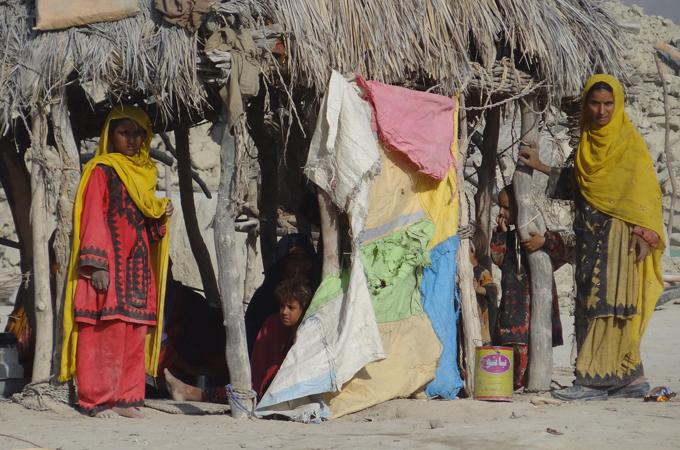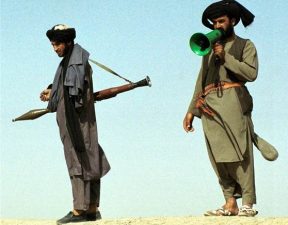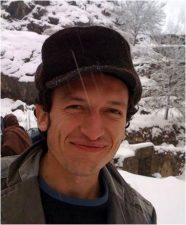 En route to aid thousands of people injured and displaced by a devastating earthquake in Pakistan that killed at least 350 people on Tuesday, a military helicopter dodged two rockets fired from the ground.
En route to aid thousands of people injured and displaced by a devastating earthquake in Pakistan that killed at least 350 people on Tuesday, a military helicopter dodged two rockets fired from the ground.
One of the largest provinces in Pakistan, Balochistan is located in the southwest corner of the country and bordered by Afghanistan and Iran; home to less than five percent of the country’s population, it is also one of the most dangerous regions.
Live Science talked to Shubab Khan, a geoscientist at the University of Houston, who has twice failed to source funding from the National Science Foundation (NSF) that would allow him to study the poorly understood Chaman Fault – a major geological fault that stretches 528 miles, roughly the distance between San Diego and San Francisco in the United States.
“Its location is in an area that is very difficult to do any traditional field work,” Khan told Live Science’s Our Amazing Planet. “I tried twice to submit proposals to [the NSF] and I got excellent reviews, but the review panel said I was risking my life to work in that area.”
The National Academy of Sciences has reportedly decided to support Khan’s efforts to explore this fault zone, which sprouted a mud volcano “island” near the town of Gwadar shortly after the 7.8 earthquake struck, though the research, like current relief efforts, could be hampered by security issues.
“There is a lot of animosity against the military in this area and since the Pakistani Army is leading the rescue efforts, it will be very difficult for them to operate, without coming under further attacks,” Siddiq Baloch, editor of Balochistan Express, told Christian Science Monitor.
The two rockets were aimed at a military helicopter carrying chairman of National Disaster Management Authority (NDMA) Major Gen. Muhammad Saeed Aleem and other senior military officials, the paper reports. The group was assessing damage and mapping out a relief plan.
“For the first 24 hours no one could reach the [worst affected] areas. Even now most of the aid is stuck in Quetta [the capital city of the province], because security is a concern,” says Baloch.
“If the government had paid any attention to these areas from before and built health and medical facilities there, which are currently nonexistent, things would have not been so bad. Many of the critically injured continue to die since they are receiving no help,” he added.
Baloch believes that this catastrophe presents an ideal opportunity for the government to patch up their relationship with people in Balochistan, who consider their territory to be both neglected and occupied. He also fears the death toll could reach 1,000.
:: CS Monitor
Image via Al Jazeera




It is hard for people to asses what is coming at them…could the military really mean to help us? When citizens don’t trust their government, a see the military as the enemy, it backfires on them in times of dire circumstances. The last attempt to vaccinate the population against polio also backfired.
Hoping for a solution to their tragedy!